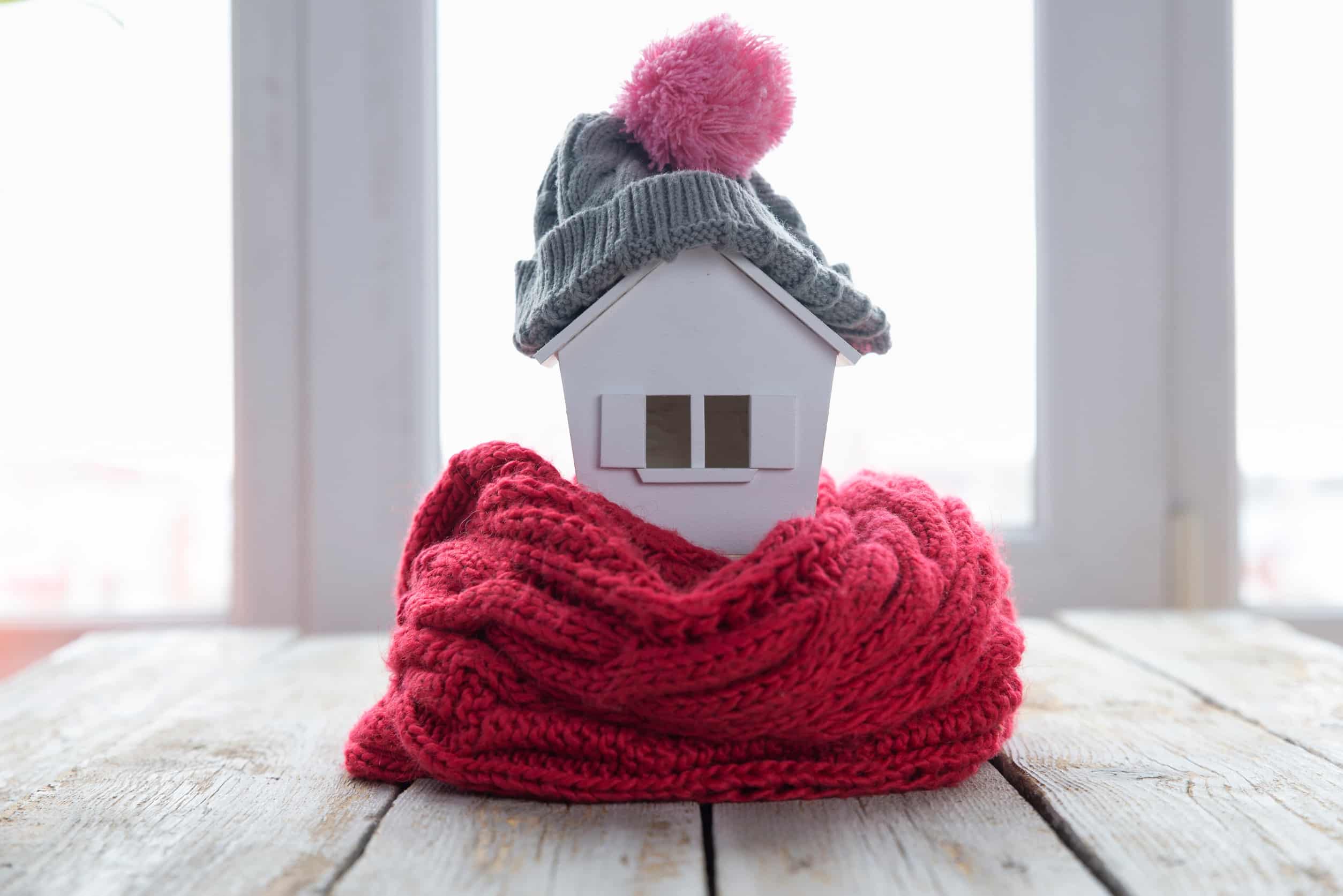In tight pursuit of energy losses
An intact building envelope obviously makes a substantial contribution to the feeling of comfort in one’s own four walls. In real life, however, window and door seals are often in poor condition. The result: significant energy losses and increased noise disturbance. When eliminating the gaps, homeowners should take care to use products that are not harmful to health.
My home, my castle? If you look at the general condition of houses, this is only partially true in many cases. Whether windows or doors – there are glaring gaps in many parts of the domestic fortress. With unpleasant consequences for all residents. There are drafts everywhere and it doesn’t get really warm in winter, while the rooms heat up considerably in summer. In addition, residents suffer all year round from outside noise entering the house.
The consequences of a leaky building are severe. In view of the high energy prices, many homeowners and tenants are worried about the next heating bill. And the stress factor noise can lead to serious health problems. In its current “Environmental Noise Guidelines for the European Region”, the World Health Organization (WHO) lists – among other things – sleep disorders, cardiovascular diseases and even prenatal damage and miscarriages as possible effects of noise-induced stress.
If you have the feeling that there are a lot of leaks in and around the house, you should take action. The best way is to hire a professional, for example a window fitter, building expert or energy consultant, to analyze the current situation. Based on their results, a roadmap for the implementation of modernization measures can be drawn up. The good news for homeowners and tenants is that it is not always necessary to insulate the whole building envelope or to completely replace all windows in order to improve the energy efficiency and achieve better noise protection.
The proper sealing of windows and doors is a highly effective and much less expensive measure. If you want to do it yourself, you can simply apply self-adhesive rubber sealing strips along the frames and sash edges. It is, however, much more effective to hire a professional to do the work. Over time, not only the external sealing between window frame and masonry becomes brittle and permeable, but also the insulation between window pane and frame. Eliminating these defects requires a great deal of specialist know-how. A window fitter can also check to what extent existing roller shutter boxes need to be insulated. Furthermore, it may also make sense to insulate parts of the building envelope such as the window reveals.
Regardless of whether the work is done by homeowners themselves or by a specialist company: Consumers should take care to use only products that are harmless to human health. The EMICODE® seal of the GEV – that is the Association for the Control of Emissions in Products for Flooring Installation, Adhesives and Building Materials – provides reliable guidance for the proper choice of products. Numerous joint sealing tapes, precompressed foam tapes and insulation materials have already been awarded the EMICODE® seal. It guarantees the lowest possible emissions of harmful substances. The seal must, however, be renewed at regular intervals. Manufacturers are therefore not allowed to advertise their products with an EMICODE® seal they acquired years ago.
With renewed sealing and retrofitted insulation materials that do not affect the residents’ health, there will be lower energy losses and higher noise protection. All in all, the residents will benefit from a significant increase in their quality of life achieved at reasonable cost.

Photo: ©stockfoto/123rf.com/GEV
To keep their home cozy and warm, houseowners should check whether the seals around windows and doors are sufficiently tight and whether the building is properly insulated. If necessary, gaps or leaky spots can be repaired with relatively little effort so that scarves and warm hats can be left hanging on the coat rack.
Do You Have Questions?
If you have any questions on certain topics or want to contact us for another reason, please contact us by phone or email.
Phone: +49 (0)211 843 449 – 01
info@emicode.com
Share article on Social Media:
